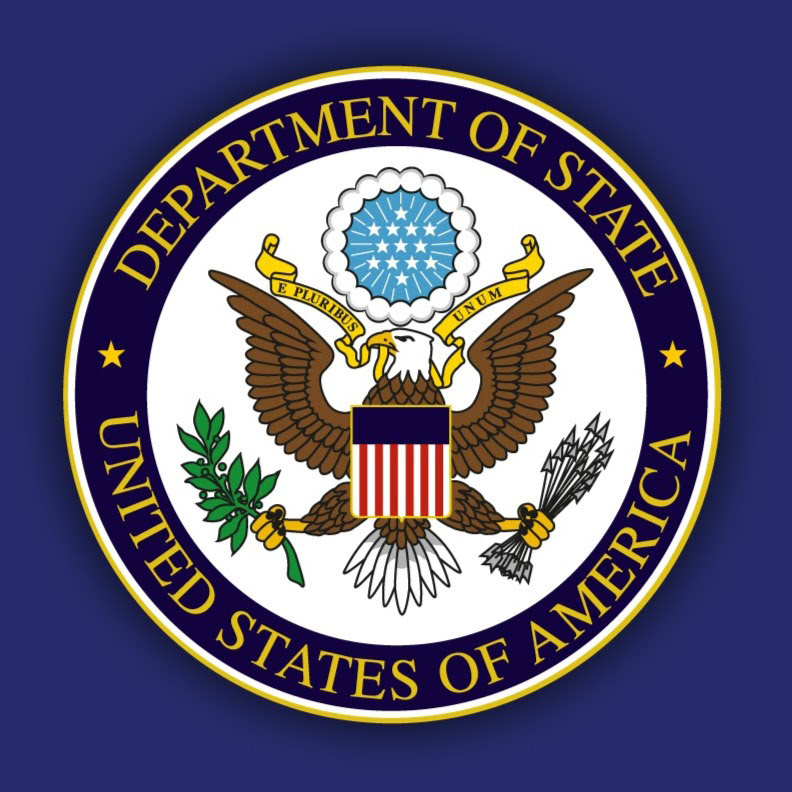Govt curtailing freedom of expression: Report
The government did not make efforts to preserve safety and independence of the media
Kathmandu, March 14
The constitution and existing laws guarantee freedom of speech and press, but the government tried to restrict media freedom by threatening journalists and news organisations, that criticised the authorities, said the Annual Country Report on Human Rights Practices-2020, recently released by the US Department of State.
According to the report, journalists and non-governmental organisations said that the criminal and civil codes and the Privacy Act criminalised normal media activity, such as reporting on public figures, and triggered a significant increase in self-censorship by the media. Human rights lawyers and some journalists said both the constitution and the civil code enabled the government to restrict freedom of speech.
For example, the constitution lists several circumstances under which laws curtailing freedom of speech and press may be formulated.
These include any act that ‘poses threat to harmonious relations between federal units and the acts that assist a foreign state or organisation to jeopardise the national security.’ “Citizens generally believed they could voice their opinions freely and often expressed critical opinions in print and electronic media without restriction. In February, a popular folk singer released a satirical song criticising government’s corruption. The singer removed his song from YouTube after allegedly receiving threats from the ruling Nepal Communist Party (NCP)’s youth organisation,” read the report.
In July, the government attempted to curtail freedom of expression for the members of Kathmandu’s Tibetan community by initially rejecting requests from the Tibetan Refugee Welfare Office to celebrate the Dalai Lama’s birthday publicly.
When Tibetan Buddhists held private events in the largest settlement in Kathmandu, police intervened to stop the celebration. On December 12, the Tibetan Refugee Welfare Office was allowed to celebrate the 30th anniversary of the Dalai Lama’s receipt of the Nobel Peace Prize in Dhagkar Monastery, Swoyambhu, following discussions with the police officials.
“The independent media were active and expressed a wide variety of views without restriction, with some exceptions. Several editors and journalists reported they faced intimidation by police and government officials and that vague provisions in laws and regulations prompted an increase in self-censorship by journalists.
According to the Federation of Nepali Journalists, the government did not make sufficient efforts to preserve the safety and independence of the media and rarely prosecuted individuals who attacked journalists across the country,” read the report.
Journalists said they continued to receive vague threats from officials in response to their investigative reporting on corruption.
In June, a ward chair in Birgunj attacked campaigner Piraj Yadav for requesting road construction costs under right to information provisions.
As per the report, media professionals expressed concern regarding additional provision in the constitution that allows the government to formulate laws to regulate media. The criminal code, for example, extends the scope of limitation on freedom of expression compared to the language in the constitution for national security and for maintaining public order, and defines defamation as a criminal offence.
The Federation of Nepali Journalists argued that such laws could be used to close media houses or cancel their registration. The constitution also includes publication and dissemination of false materials as grounds for imposing legal restrictions on press freedom. Media experts reported, however, that these provisions were not enforced against any media houses.
Although by law all media outlets, including government-owned media, operate independently, direct government control and indirect political influence sometimes led to self-censorship.
In June, authorities jailed a satirist for defamation under the Electronic Transactions Act after he lampooned a Nepali film on social media. Widespread public protests ensued, and authorities released him after nine days. He was acquitted of all charges in court.
There were several incidents in which authorities took action under the Electronic Transactions Act in response to material posted on social media. In 2017, the government issued an amended online media operation directive, which requires all domestically based online news and opinion websites to be registered.
The directive gives the government the authority to block websites based on content if it lacks an ‘authoritative source’, creates ‘misconception’, or negatively affects international relationships. Human rights organisations reported more than 100 cases were filed in court, mostly related to the Electronic Transactions Act.






